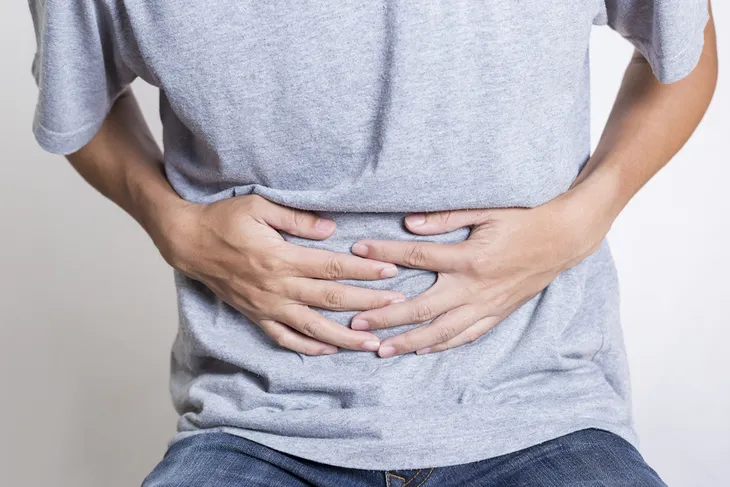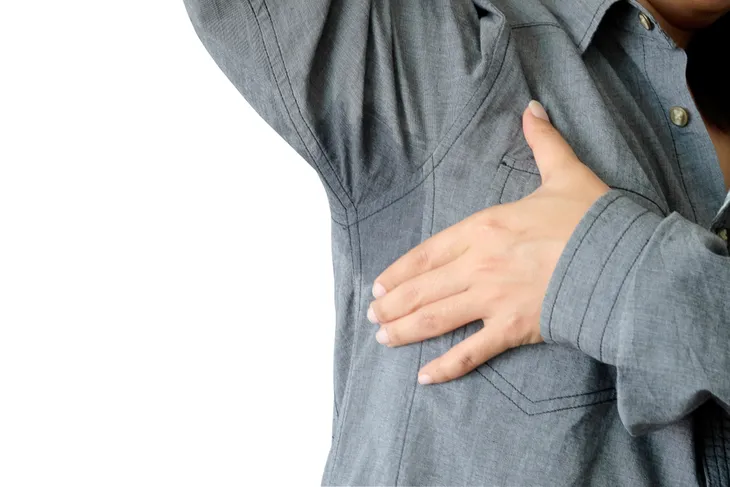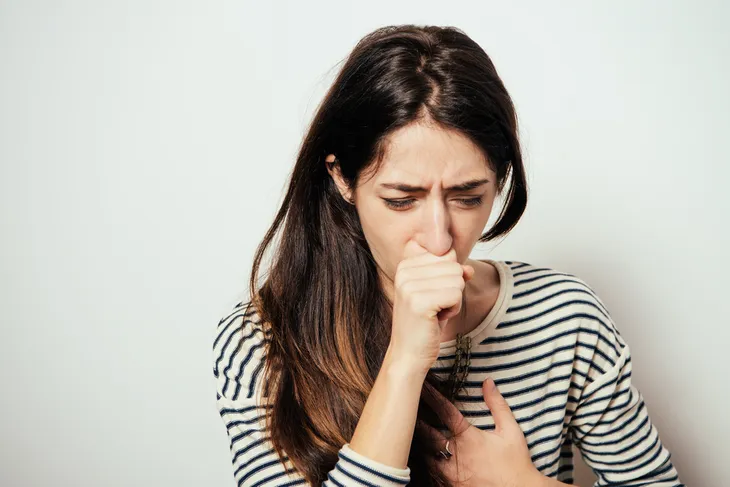The heart is hugely important in maintaining our overall health; should it function in a less than optimal way, it could make us feel fatigued, cold, and generally incapable of completing even simple physical tasks, like walking up a flight of stairs or picking up groceries.
But aside from some fatigue and feeling chilled, how else would you know if there was a problem with your heart? And what are the symptoms you simply can’t ignore, as they may indicate a serious problem that could prove life-threatening? Let’s take a look at some key warning signs when it comes to the heart.
Know the Situation
The first warning sign of a heart health problem may not even affect you in a physical way. It’s about knowing if your genes and physical health pose serious threats to your heart.
In other words, the first warning sign may be a family history of heart health problems. If your parents or grandparents have experienced heart issues, such as a heart attack or stroke, you may be at increased risk of having similar problems. Additionally, your risk of suffering a heart-related health issue will increase if you are over age 60, are overweight or obese, have diabetes, or suffer from high blood pressure. If any of these factors apply to you, then you should immediately talk to your doctor about monitoring your heart health situation.
Chest Tightness
The prevailing idea is serious chest pain represents the most significant sign of an immediate heart problem. And while that may be the case for some people with significant heart issues, it’s hardly a universal symptom. In fact, often the first sign of a heart attack may not be serious chest pain but simply chest tightness and a general feeling of discomfort.
What this means is that you may not feel like someone is stabbing you in the chest; instead, the sensation might be closer to a feeling of pressure, like someone had placed something really heavy on your ribcage. Alternatively, you may feel like your chest is being pricked or pinched, or even that it’s been scalded by some hot water. In the end, it’s important to recognize that everyone has a different experience when a heart attack first emerges and that the sensation you feel may be totally unique.
Sustained Chest Discomfort
Over the years, you’ve probably experienced some kind of chest pain that didn’t last for long. It could be that your heart literally skipped a beat or that you did something sufficiently physically demanding that your lungs struggled to keep up, giving you a feeling of chest tightness. Exposure to smoke and hazardous fumes can also give one a sensation of chest discomfort.
The important thing to remember is that most chest discomfort passes relatively quickly. For example, if you experience chest tightness because you’ve run a lap around the track, that feeling should go away once you catch your breath. But with a serious heart problem, like a heart attack, the discomfort will likely intensify in time, and won’t go away. Take that as a sign to seek medical help right away.
Upset Stomach
You wouldn’t usually associate an upset stomach with a heart problem, but feelings of stomach pain and indigestion can signify that a heart attack is imminent. In fact, these feelings may be so strong that the individual in question has to run to the washroom and throw up.
This symptom is more likely to affect women than men, so if you’re a female over age 60 with a family history of heart problems, don’t immediately dismiss serious stomach discomfort with your last meal — it may actually be a sign that you have a serious heart-related issue that needs immediate medical attention.
Arm Pain
Aside from chest tightness and discomfort, arm pain may be the most well-known sign of a serious health problem affecting the heart. Typically the issue involves pulsating pain that spreads from the left side of the chest down through the left arm.
If you experience sudden pain impacting only the left side of the body, including your left arm, don’t wait for the issue to spread to the chest before seeking medical help. Many patients who suffer heart attacks never actually experience chest pain, or even tightness — sometimes the pain affects the left arm alone. Women, in particular, do not always experience arm pain, or the pain is in their right arm, or the pain may involve their chin, upper back, or shoulder blades.
Feeling Dizzy
Feeling dizzy or lightheaded can often indicate that you have a serious heart issue, like a heart attack or stroke. It could feel like you’ve lost your stability and will soon tumble over, or the sensation could resemble the feeling you get when you stand up too fast.
This feeling emerges when the heart is struggling to effectively pump blood to the rest of the body. As blood pressure drops, it becomes harder for our blood to reach all parts of the body, including the brain, resulting in feeling lightheaded or dizzy. If you suspect the problem is primarily related to your heart, seek medical attention immediately.
Improve your heart health in just five days! Sign up for our newsletter to receive our daily heart health checklist.
Mouth Pain
It may be a long way from the source of the problem, your heart, but the mouth is often one of the first parts of the body that begins to act strangely when there’s a serious issue affecting our cardiovascular system.
That said, jaw and throat pain, which is often experienced right before a heart attack, usually spreads from the chest, meaning it’s rarely the first part of the body that experiences alarming discomfort. In most cases, throat or jaw pain represents the first signs of a nagging cold, not a heart attack. But if you’re at risk for heart problems, such as by having a family history of heart disease, and you don’t have any of the other symptoms of a cold, it would be best to consult your doctor right away should chest discomfort spread to the area around your mouth.
Rapid, Inexplicable Fatigue
Fatigue isn’t exactly a rare feeling — many of us feel exhausted in the morning prior to getting our first coffee of the day, and later in the evening, right before bed. Insufficient sleep, stress, and not eating enough of the right foods (or too much of the wrong foods) can also make it hard to find even a sufficient amount of energy to get through the day.
But real and palpable fatigue that has nothing to do with the aforementioned factors may be related to the functioning of your heart. When the heart struggles, it’s less effective at pumping blood throughout the body. Because blood carries oxygen and nutrients, an insufficient supply of it can cause unparalleled levels of fatigue. If any of this sounds familiar, and you have a family history of heart disease, talk to your doctor right away.
Snoring Loudly
Snoring isn’t particularly rare and most often it’s not a sign that there’s a serious underlying health issue that needs addressing. In most cases, snoring is a sign that there’s something wrong with the airways that connect the face with the lungs, causing the body to make loud noises as we breathe — usually, to the detriment of our partner’s sleep.
But snoring, and especially loud snoring can be a sign that an individual has sleep apnea, which means an individual will wake during the night because of significant issues with breathing. Having this occur regularly can place a lot of pressure on the heart, leading to major health problems down the road. Thankfully, a sleep apnea machine can help reduce snoring and regular nighttime breathing.
Excessive Sweating
We all sweat; to not sweat would be far more concerning than sweating excessively. But context matters here: if you’re sweating because you’ve just played a game of soccer with your friends, or because you just got back from a long bike ride, then it makes sense to sweat and perhaps even sweat a lot.
But you shouldn’t be sweating excessively if you haven’t engaged in intense or even moderate exercise. While certain emotions, like extreme stress, can make us sweat, sometimes even profusely, it’s not particularly normal to begin sweating a lot for no visible reason. This could, in fact, be a sign of an impending heart attack, a genuine concern for anyone with a family history of heart disease.
Nagging Cough
Like some of the other health matters on this list, a nagging cough isn’t necessarily a sign that a major heart problem is about to emerge. After all, a nagging cough is one of the most prevalent symptoms of the common cold and it’s often the one symptom that lasts the longest.
But for individuals with a family history of heart disease or previous personal experience with heart problems, a nagging cough can be a more alarming warning sign. This is especially the case if that cough produces a white or pink mucus, which could indicate that blood is seeping into the lungs. It’s a sign that the heart is struggling to keep up with the body’s demands, so contact your doctor right away.
Swollen Feet
Heart problems most often seem to emerge in and around the chest, which makes sense given the organ’s placement in our bodies. But signs of a serious health problem can often be seen first in our extremities — why? Because these are the last places to receive blood pumped by the heart. If there’s a serious heart problem, they may not get sufficient blood, and that can start to appear visible.
One example is the feet, which can become swollen and sore if the blood isn’t being pumped through them as effectively as it should be. The result is backed-up veins and a general bloating that can be painful. This problem can impact the ankles and lower part of the legs, too.















